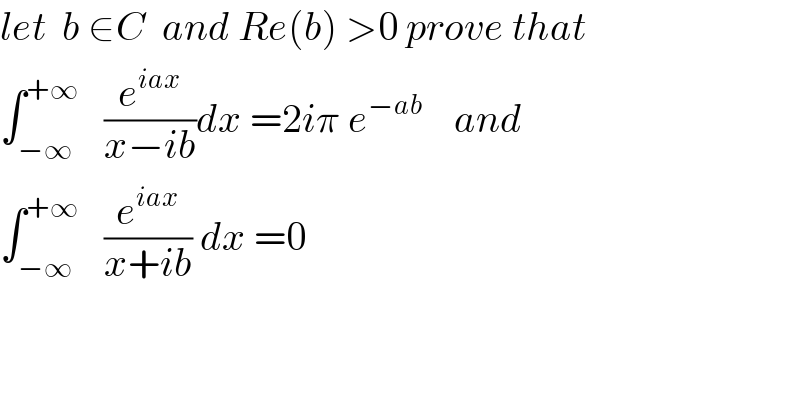
Question and Answers Forum
Question Number 37356 by math khazana by abdo last updated on 12/Jun/18

Commented bymath khazana by abdo last updated on 12/Jun/18

Commented bymath khazana by abdo last updated on 13/Jun/18

| ||
Question and Answers Forum | ||
Question Number 37356 by math khazana by abdo last updated on 12/Jun/18 | ||
 | ||
Commented bymath khazana by abdo last updated on 12/Jun/18 | ||
 | ||
Commented bymath khazana by abdo last updated on 13/Jun/18 | ||
 | ||